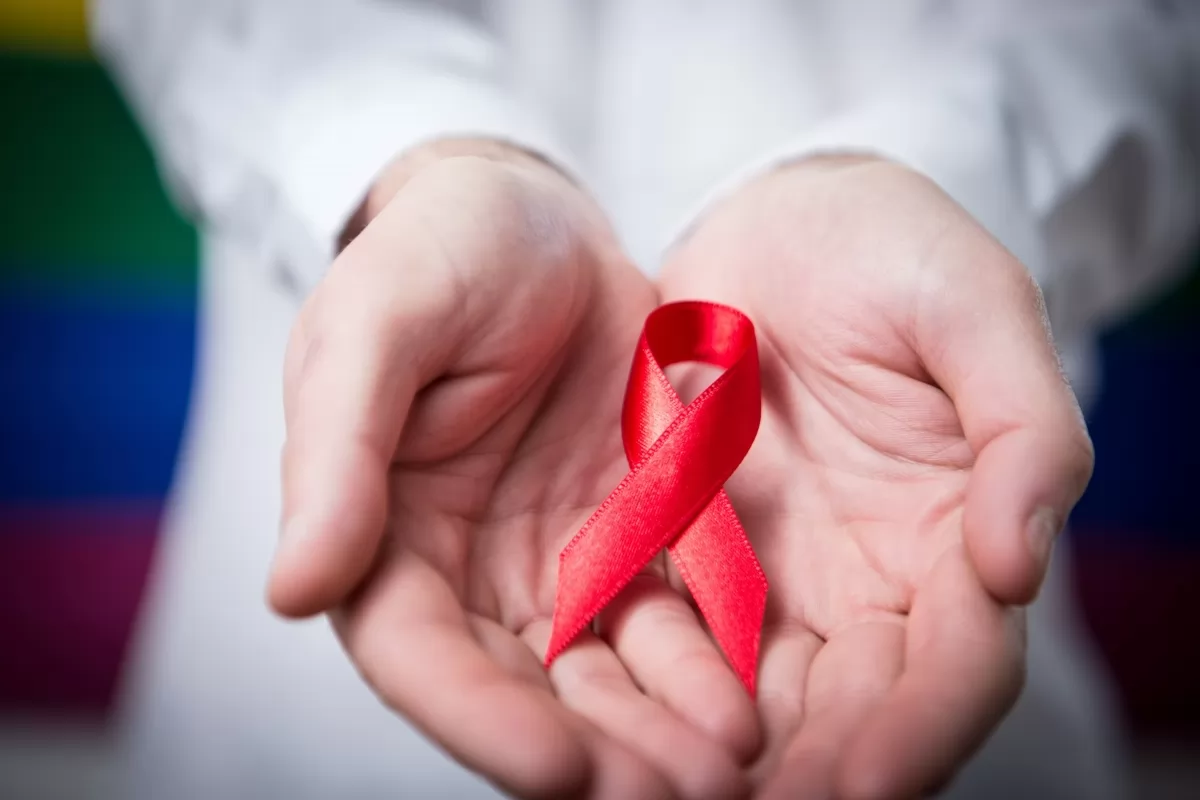
HIV (human immunodeficiency virus) is a virus that damages the cells in your immune system and weakens your ability to fight everyday infections and disease.
AIDS (acquired immune deficiency syndrome) is the name used to describe a number of potentially life-threatening infections and illnesses that happen when your immune system has been severely damaged by the HIV virus. While AIDS can't be transmitted from one person to another, the HIV virus can.
There's currently no cure for HIV, but there are very effective drug treatments that enable most people with the virus to live a long and healthy life. With an early diagnosis and effective treatments, most people with HIV won't develop any AIDS-related illnesses and will live a near-normal lifespan.
Symptoms of HIV infection
Most people experience a short, flu-like illness 2-6 weeks after HIV infection, which lasts for a week or two. After these symptoms disappear, HIV may not cause any symptoms for many years, although the virus continues to damage your immune system. This means many people with HIV don't know they're infected. Anyone who thinks they could have HIV should get tested. Certain groups of people are advised to have regular tests as they're at particularly high risk, including:
Treatment for HIV
Antiretroviral medications are used to treat HIV. They work by stopping the virus replicating in the body, allowing the immune system to repair itself and preventing further damage. These come in the form of tablets, which need to be taken every day. HIV is able to develop resistance to a single HIV drug very easily, but taking a combination of different drugs makes this much less likely.